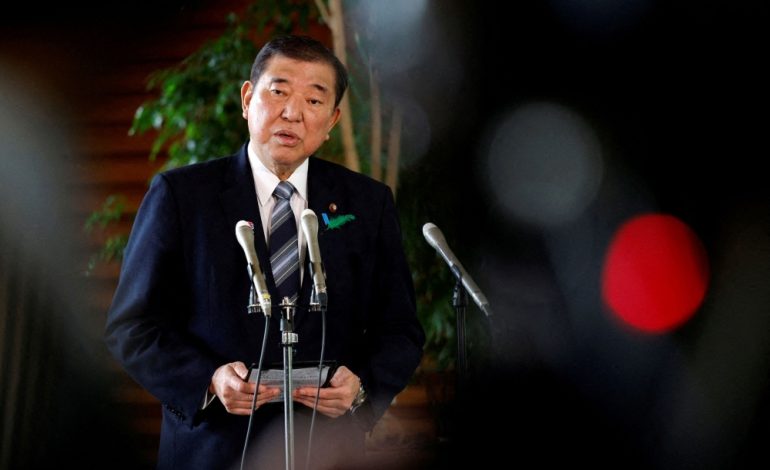Japanese Prime Minister Shigeru Ishiba has issued a stark warning about the country’s financial health, stating that Japan’s fiscal situation is “undoubtedly extremely poor, worse than Greece’s.”
His comments come amid a shrinking economy, rising interest rates, and growing political pressure to introduce tax cuts ahead of upcoming elections.
Speaking to parliament on Monday, Ishiba rejected proposals from opposition parties to reduce taxes, including the consumption tax, citing the dangers of funding such cuts through government bonds.
“We cannot agree with the idea of reducing taxes and covering the resulting revenue shortfall with government bonds,” he said. “Our country’s fiscal situation is undoubtedly extremely poor, worse than Greece’s.”
Japan’s general government debt stands at 234.9% of its GDP, according to the International Monetary Fund, significantly higher than Greece’s 142.2%. While Japan has so far avoided a fiscal crisis similar to Greece’s 2009 debt meltdown, it spends nearly a quarter of its annual budget servicing its debt. A key difference is that most of Japan’s government bonds are held domestically, and the country maintains a large portfolio of foreign assets.
Nonetheless, the financial strain is mounting. Economic data released last week showed that Japan’s GDP contracted by 0.7% in the March quarter—far worse than the median forecast of 0.2%—as domestic consumption stalled and exports declined. Analysts attribute the downturn in part to the impact of recent US trade measures, including import tariffs on steel, aluminum, and automobiles. A broader tariff package from the US is expected to take effect in July unless a new agreement is reached.
Amid this backdrop, Ishiba emphasized the importance of recognizing the implications of higher interest rates. Since the Bank of Japan ended its negative interest rate policy last year, borrowing costs have risen.
“It is important to recognize the dangers of a society and a world with interest rates,” Ishiba said, noting the pressure that higher yields place on government finances.
Finance Minister Katsunobu Kato echoed these concerns.
“A loss of market trust in our finances could lead to sharp rises in interest rates, a weak yen, and excessive inflation that would have a severe impact on the economy,” Kato warned during the same parliamentary session.
Although tax revenues are increasing, Ishiba noted that rising social welfare costs are straining public finances.
“Those elements should be considered comprehensively,” he said.
Ishiba underscored the need for fiscal responsibility rather than short-term relief measures that may deepen long-term debt burdens.
With input from the Independent and Bloomberg.










The latest news in your social feeds
Subscribe to our social media platforms to stay tuned